
A school was originally defined as ‘a place where people are learning or meeting to learn’. ISRV schools are no exception, bringing together early career researchers at a wide range of international institutions to receive specialist tutelage from respiratory virus experts. School events are usually held in partnership with premier universities in different locations around the globe. The event is themed around particular individual viruses such as influenza, RSV, SARS-CoV-2 or MERS, or perhaps more broadly across the range of respiratory viruses generally. Our schools aim to provide a memorable and uplifting educational experience for postgraduate or young researchers at the beginning of their scientific careers creating a supportive network for future career development.
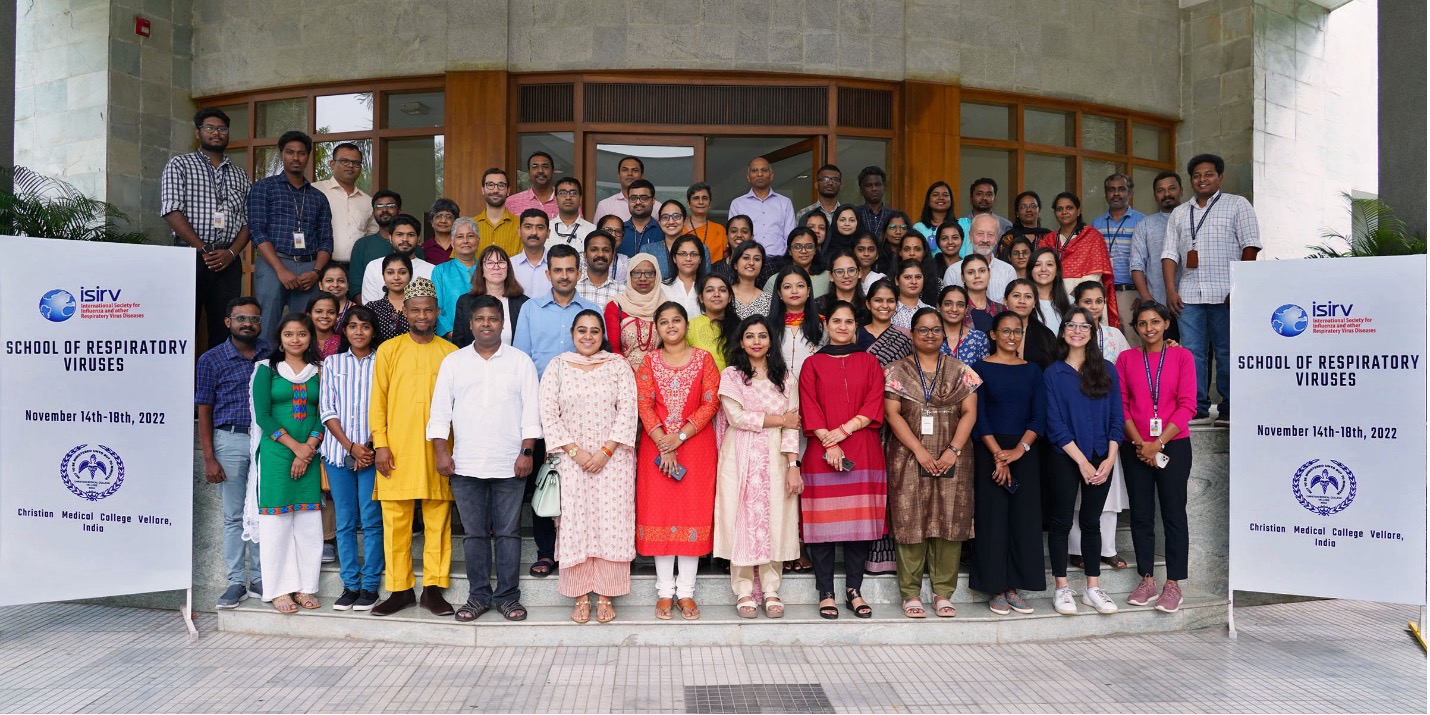
ISRV schools to date include:
| Year | Location | Partner Institution |
| 2011, 2012, 2016 | Sienna | University of Sienna |
| 2018 | Beirut | American University in Beirut |
| 2019 | Singapore | – |
| 2022 | Belfast | Queens University |
| 2022 | Vellore | Christian Medical College |
| 2024 | Brisbane | University of Queensland |
| 2025 | Qatar | Qatar University |
Helping to develop the next generation of respiratory virus scientists and researchers is an important activity for a professional society whose mission is to provide a forum for international scientists from government, academia and the private sector to exchange information, stimulate collaboration and provide education for promotion, prevention, detection, treatment and control of respiratory virus diseases globally.
Founding members of ISRV in 2005 realised the importance of investing in those entering the field, and the continued support for educating early career researchers has remained a core aspect of the society’s remit.
A school may take the format of a 4 to 5 day residential course, or a half/one day meeting (mini schools) held just before a major ISRV conference event, such as Options for the Control of Influenza (OPTIONS).
Residential schools provide a mixture of diverse activities (lectures, scenarios, lab visits, practical exercises, social acitivities), with opportunity for in-depth discussions and networking in a relaxed setting. Mini schools comprise a series of lectures from prominent speakers at the upcoming conference. The talks are pitched to provide attendees with a simplified overview of the upcoming meeting, enabling understanding of critical context behind new discoveries.
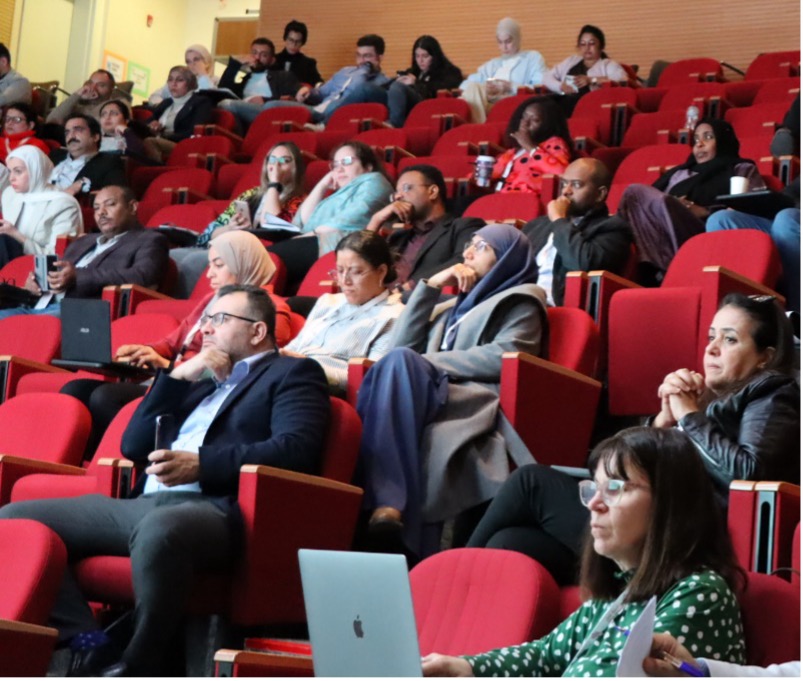
In a residential school, we try and ensure a blend of activities ranging from ice breaker sessions to get over those awkward early shy moments, to wide ranging panel discussions, debates, group work on scenarios, data handling exercises and quizzes as well as traditional lectures and gaining rapporteur experience. We aim to generate a spirit of open interactions, which lead to lively debates during panel discussions helping to build confidence.
In a mini school, time is much more limited due to the proximity of the main ISRV meeting. We aim to have engaging lectures which illuminate the cutting-edge science that will be held in the main conference, effectively getting attendees ‘up to speed’ on the important information they need to know.
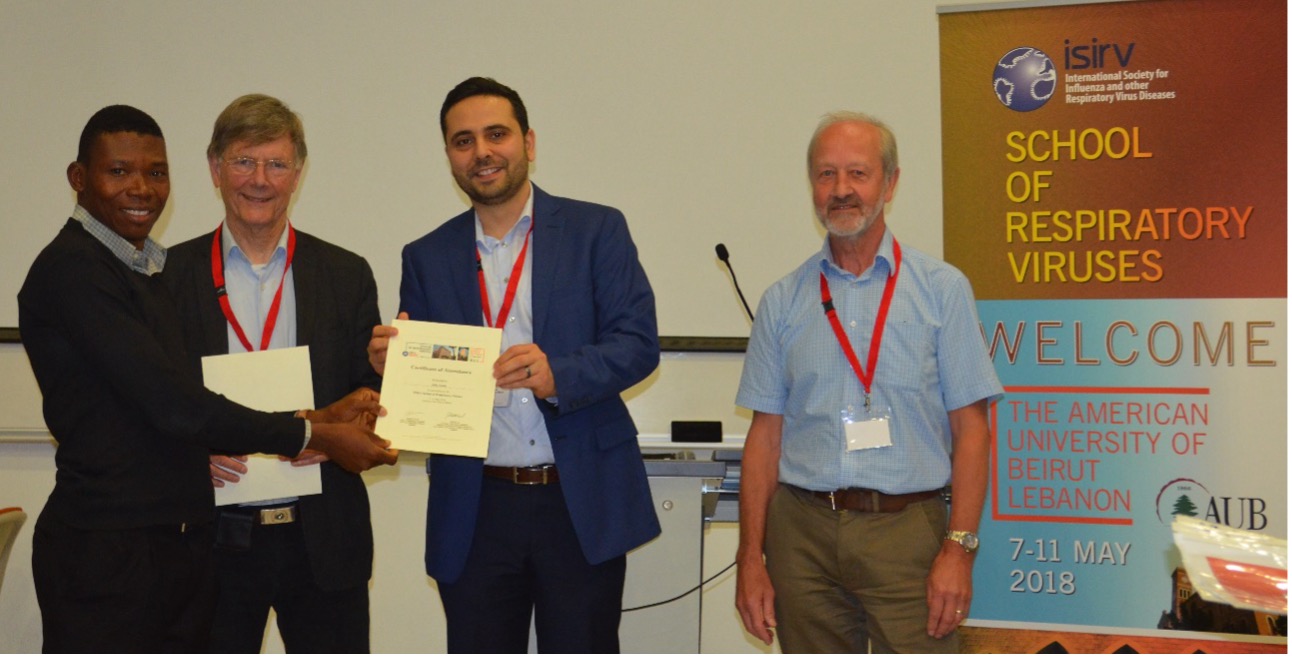
Faculty is made up from senior academics and scientists at the forefront of their field, selected for their excellent communication skills and commitment to educating the next generation. Faculty give generously of their time to provide engaging and stimulating talks to help attendees understand complex areas of science ahead of the main conference, or as part of a residential school.
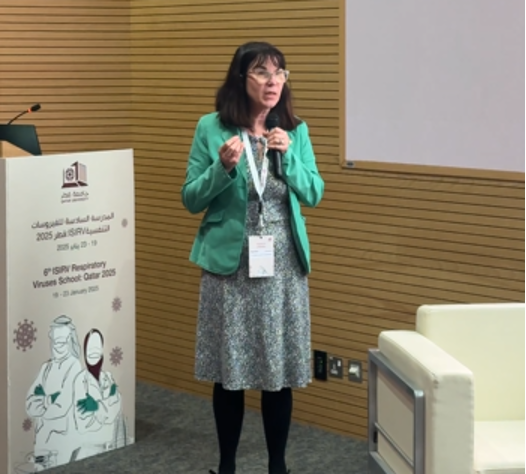
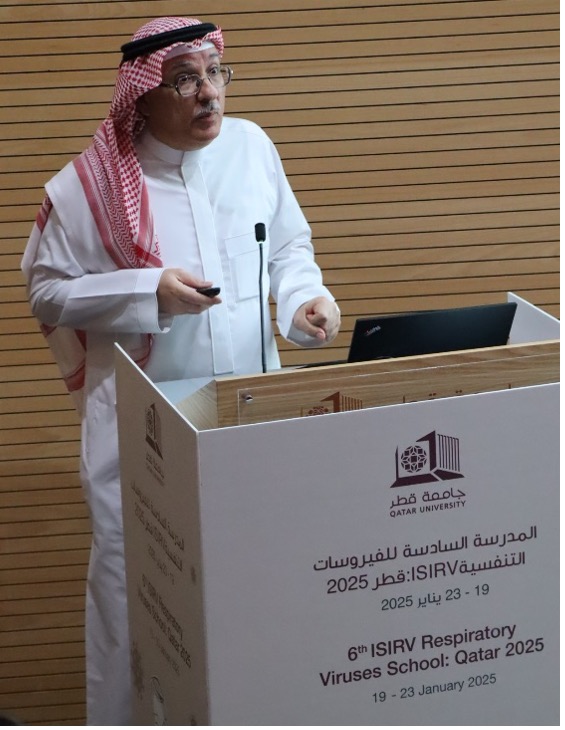
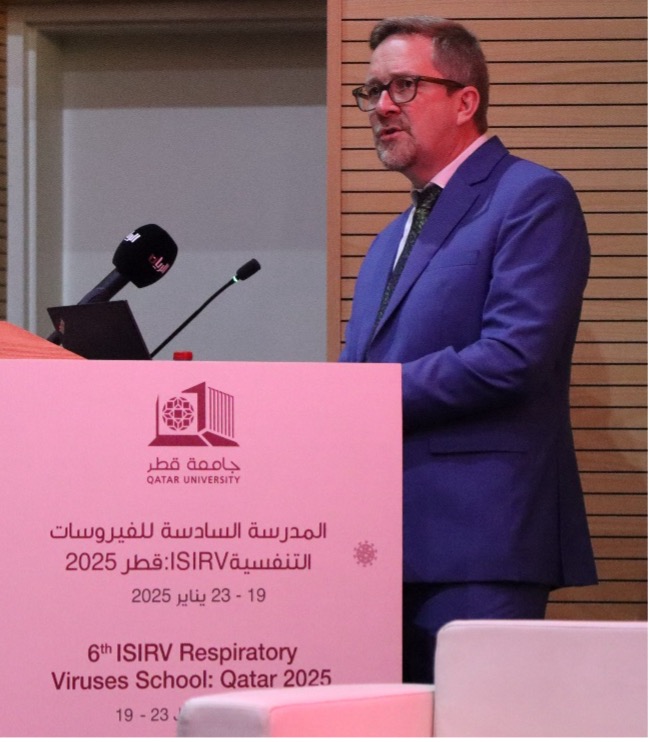
School events are targeted at those early in their career, completing a higher degree or graduate training programme, or perhaps newly entering the field of respiratory viruses. They are intended to provide a digest of the most recent research findings across a range of disciplines, to provide context for those new to the field or early in their chosen career pathways
Lots of ways! Making connections with others at a similar stage of their career is incredibly valuable and will provide networking opportunities which could generate life-long professional connections. Being able to engage with senior scientists and quiz them about their career pathways and choices in a relaxed setting can bring amazing insights about career progression which helps to bolster confidence. Having the opportunity to do both of these things whilst gaining subject matter knowledge is an unparalleled bonus!
Some of the feedback from our school alumni can be found below:
“I had a chance to interact and discuss with diverse group of people over world.”
“We learnt a lot from the school, and it was a privilege to meet the people from different regions.”
“Every session was very informative, along with the co-ordination of activities. The faculty were all very approachable.”
“The school helped me to understand many concepts and techniques that I was unaware of. All the classes were excellent and well understood.”
The schools provide a low-cost education opportunity for early career researchers. Participants from low and middle income countries can apply for a competitive scholarship to attend from the Lars Haaheim fund, held by ISRV. Following his untimely passing in 2011, Lars Haaheim’s wife generously donated money for an education fund to support the schools which were his brainchild.
Applications can be submitted to each school’s organising committee in order to receive a grant from the Lars Haaheim fund, or any equivalent financial support held by ISRV specific to the location of the school. Information about how to apply will be posted when school registration commences.
We would love to hear from you about what you think you can offer. Passing on learned expertise and practical real-world knowledge can be incredibly useful for school attendees. You can find agendas from our previous school here, detailing the structure and content of the events.
Schools are organised in partnership with universities in different locations. We usually use university facilities to host the schools, which require significant logistic organisation.
If you want to host a school in your region, we would love to hear from you. These are the sorts of things that need consideration for hosting a school:
Further details on the requirements for hosting an ISRV school can be found here.
Use data we already have from Qatar School, and Vellore Schools about attendees: Age, gender, country of origin, stage of career, scientific discipline.
We plan to host schools in Asia, Africa, Europe and USA in the coming years. Please contact us if you would like to host a school.